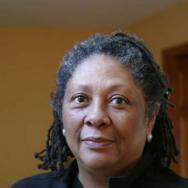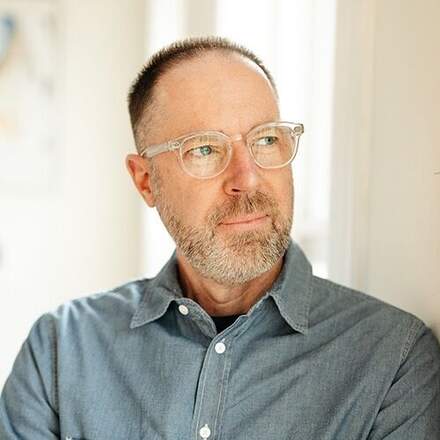About
Announcing the 2012 Frost Medalist, Marilyn Nelson
The Poetry Society of America is honored to announce thatMarilyn Nelson is the 2012 recipient of the organization's highest award, the Frost Medal, presented annually for "lifetime achievement in poetry." Previous winners of this award include Wallace Stevens, Gwendolyn Brooks, Allen Ginsberg, Marianne Moore, and Charles Simic, who was the 2011 recipient.
The Poetry Society of America is honored to announce that Marilyn Nelson is the 2012 recipient of the organization's highest award, the Frost Medal, presented annually for "distinguished lifetime achievement in poetry." Previous winners of this award include Wallace Stevens, Gwendolyn Brooks, Allen Ginsberg, Marianne Moore, and Charles Simic, who was the 2011 recipient.
Marilyn Nelson was born in Cleveland, Ohio, on April, 26, 1946. She is the author or translator of fourteen books, including The Homeplace(1990) and The Fields of Praise: New and Selected Poems (1997), both of which were finalists for the National Book Award. Her numerous children's books include, Carver: A Life in Poems (2001 ) which received the Flora Stieglitz Straus Award and the Boston Globe/Horn Book Award. It was also a National Book Award finalist, and was designated as both a Newbery Honor Book and a Coretta Scott King Honor Book. Her young adult book, A Wreath For Emmett Till, also won the 2005 Boston Globe–Horn Book Award and was also designated a 2006 Coretta Scott King Honor Book, a 2006 Michael L. Printz Honor Book, and a 2006 Lee Bennett Hopkins Poetry Award Honor Book. Her honors include two NEA creative writing fellowships, the 1990 Connecticut Arts Award, an A.C.L.S. Contemplative Practices Fellowship, the Department of the Army's Commander's Award for Public Service, and a fellowship from the John Simon Guggenheim Memorial Foundation. Nelson is a professor emerita of English at the University of Connecticut; was founder/director and host of Soul Mountain Retreat, a small non-profit writers' colony (2004-2010) and held the office of Poet Laureate of the State of Connecticut from 2001-2006.
HOW I DISCOVERED POETRY
MARILYN NELSON
It was like soul-kissing, the way the words
filled my mouth as Mrs. Purdy read from her desk.
All the other kids zoned an hour ahead to 3:15,
but Mrs. Purdy and I wandered lonely as clouds borne
by a breeze off Mount Parnassus. She must have seen
the darkest eyes in the room brim: The next day
she gave me a poem she'd chosen especially for me
to read to the all except for me white class.
She smiled when she told me to read it, smiled harder,
said oh yes I could. She smiled harder and harder
until I stood and opened my mouth to banjo playing
darkies, pickaninnies, disses and dats. When I finished
my classmates stared at the floor. We walked silent
to the buses, awed by the power of words.
* * *
The Robert Frost Medal is given by the Poetry Society of America to honor "distinguished lifetime achievement in poetry." Early recipients of this award, inaugurated in 1930 and originally called the Gold Medal, include Robert Frost, Edna St. Vincent Millay, Wallace Stevens, and Marianne Moore. In 1984, to honor Robert Frost's longstanding association with the organization, including his tenure as Honorary President from 1940-1963, the award was renamed and subsequent winners include Gwendolyn Brooks, Denise Levertov, Donald Hall, Adrienne Rich, John Ashbery, Sonia Sanchez, Barbara Guest, Michael S. Harper, and most recently Charles Simic in 2011.
The 2012 Annual Awards ceremony, which will celebrate all the winners of the 14 annual PSA awards, will take place in April in New York City. In keeping with tradition, after the presentation of the Medal, Marilyn Nelson will deliver the Frost Lecture.
The Poetry Society of America, the nation's oldest poetry organization, was founded in 1910 for the purpose of creating a public forum for the advancement, enjoyment, and understanding of poetry. Through a diverse array of programs, initiatives, contests, and awards, the PSA works to build a larger audience for poetry, to encourage a deeper appreciation of the art, and to place poetry at the crossroads of American life.


